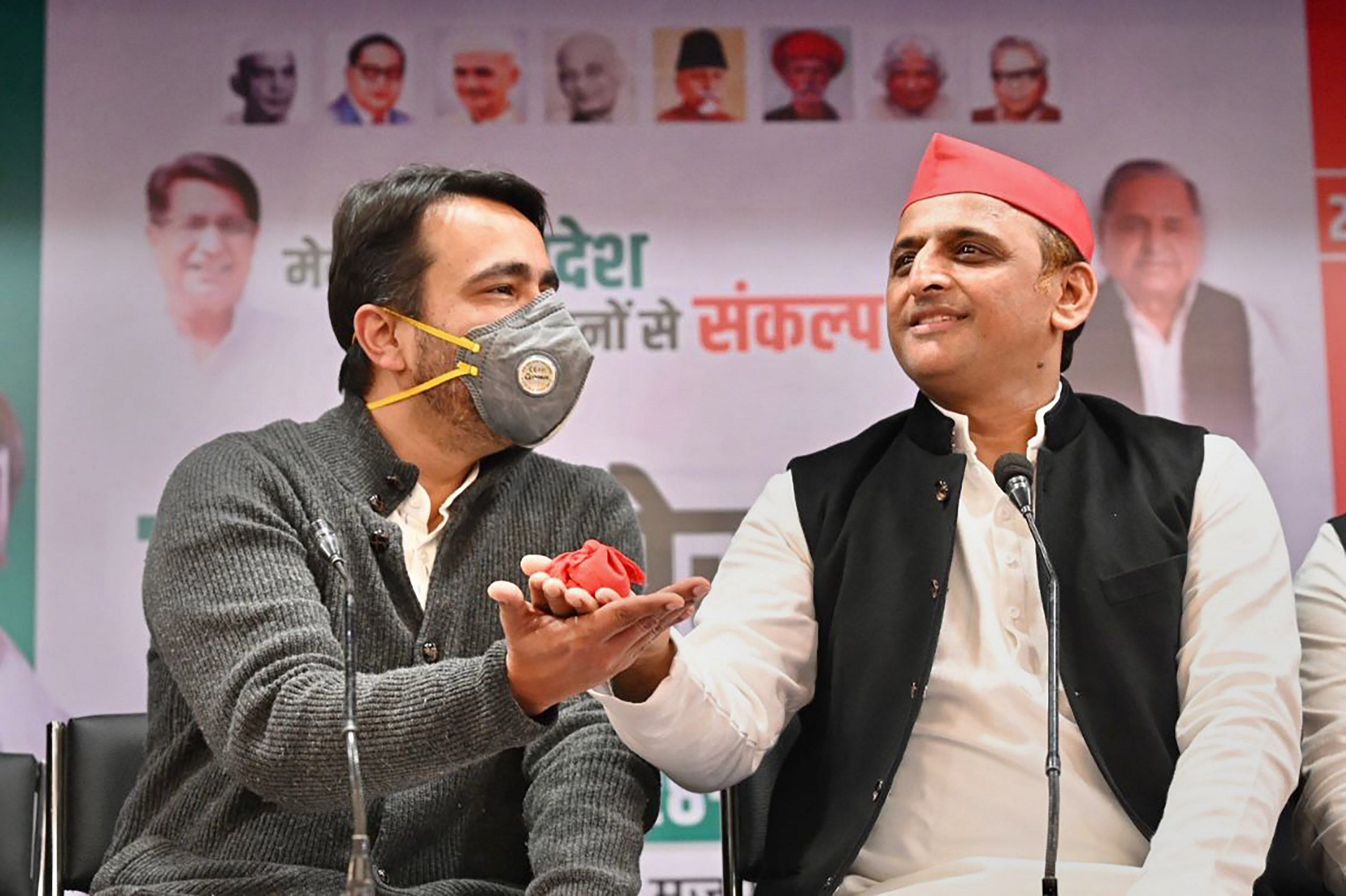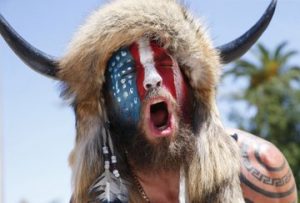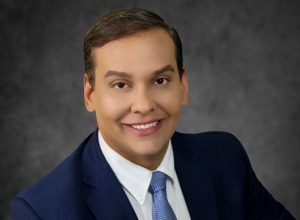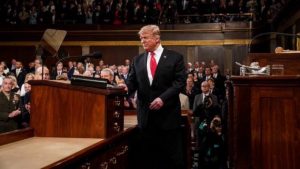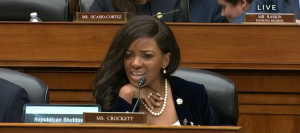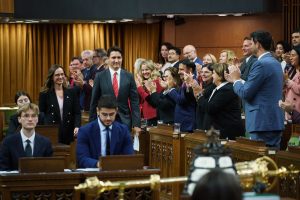Muzaffarnagar, a
quaint city in western Uttar Pradesh, was once well-known for its sugar
factories and paper mills. But in 2013, it surged its way into the public
imagination because of a bloody riot that would have immense implications, both
social and political, in the region.
The bloody
rioting, months before the 2014 general elections, left at least 65 people dead
and had a profound impact on elections thereafter.
At the polls on
Thursday, voters in Muzaffarnagar will let the entire country know whether the
ghosts of the communal conflagration have been buried for good or do they continue
to haunt the hearts of citizens.
Since the riots,
Muzaffarnagar has seen three major elections – the 2014 general elections, the 2017
UP Assembly polls and the Lok Sabha polls in 2019.
Back in 2012, when
the riots were yet to shake the region to its core, it was the Samajwadi Party
that held sway in the city. The 2012 Assembly polls saw SP’s Chintan Swaroop
win a comfortable victory over BJP’s Ashok Kansal.
But in 2017, Kapil
Dev Agarwal of the Bharatiya Janata Party (BJP) won the seat with 97,838 votes, polling 45.62% in his
favour.
Agarwal closest
competitor was Gaurav Swarup Bansal of the Samajwadi Party (SP) who trailed by
over 10,000 votes to get 87,134 votes.
Bahujan Samaj
Party’s (BSP) Rakesh Kumar Sharma took the third spot while Rashtriya Lok Dal
(RLD) finished fourth.
This year, the BJP
has retained its confidence in Kapil Dev Agarwal. The 55-year-old is a two-time
MLA and has served as a Minister of State (independent charge) in the Yogi
Adityanath-led government.
Meanwhile, the
Samajwadi Party has struck an alliance with the RLD this election. The alliance
candidate in Muzaffarnagar is Saurabh Swarup. The BSP ticket has gone to
Pushpankar Deepak and the Congress candidate is Subodh Sharma.
The alliance
between SP and RLD is seen by opposition members as a critical tool in their
armoury. However, both Prime Minister Narendra Modi and UP Chief Minister Yogi
Adityanath have downplayed the significance of the alliance.
Speaking to ANI
Wednesday, Modi said, “We have seen this ‘do ladko ka khel’ before as well,
referring to the SP-Congress alliance in 2017.
Muzaffarnagar is
largely inhabited by members of Jat and Muslim communities. The two groups saw
their differences widen in the wake of the 2013 riots. Political observers,
cited by PTI, say the gaps between the communities saw signs of bridging
especially in context of the farmers’ movement against the three controversial
agriculture laws that were later revoked.
Another apparently
key player in Muzaffarnagar is Rakesh Tikait of the Bharatiya Kisan Union (BKU).
BKU turned the face of the farmers’ agitation especially in the second phase of
the movement. Tikait recently tweeted, “Western Uttar Pradesh wants to talk
about development. Those talking about Hindu, Muslim, Jinnah, religion will
lose votes.”
“Muzaffarnagar is
not a stadium for Hindu-Muslim matches,” Tikait wrote in Hindi.
Uttar Pradesh goes
to polls in seven phases starting February 10. Results will be declared on
March 10.

